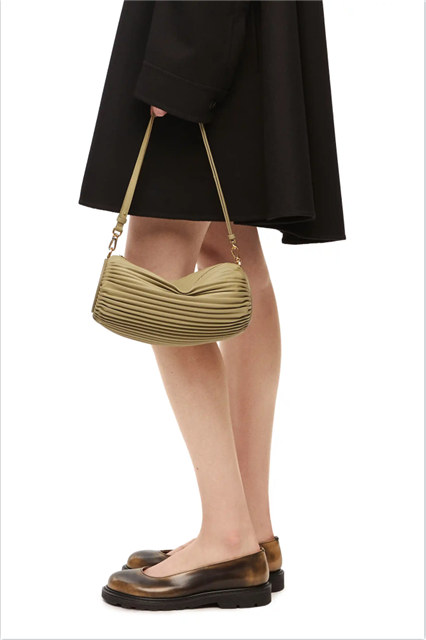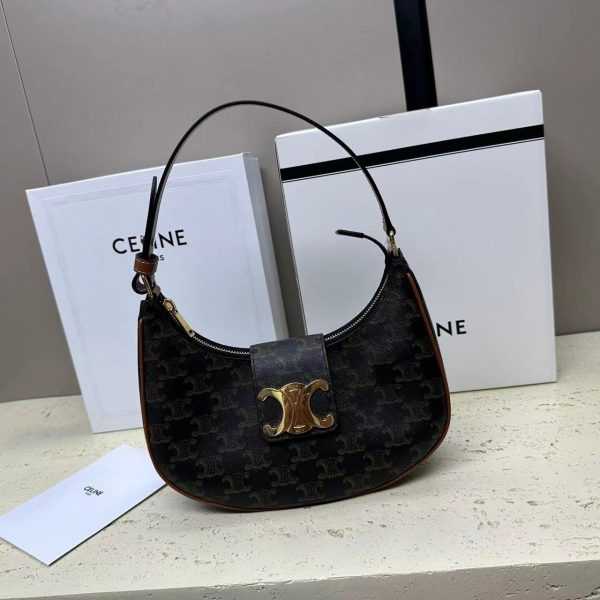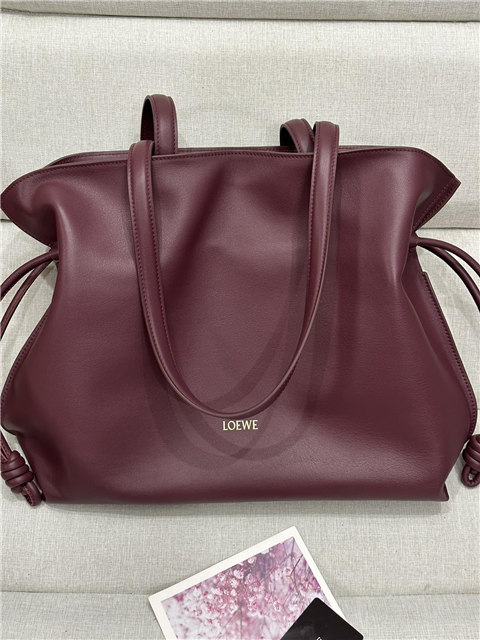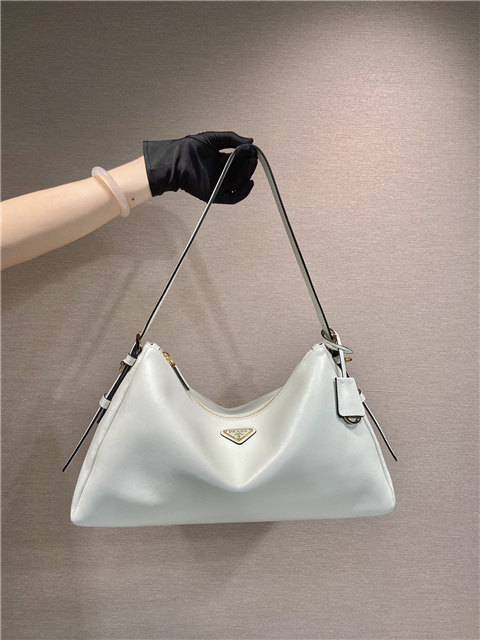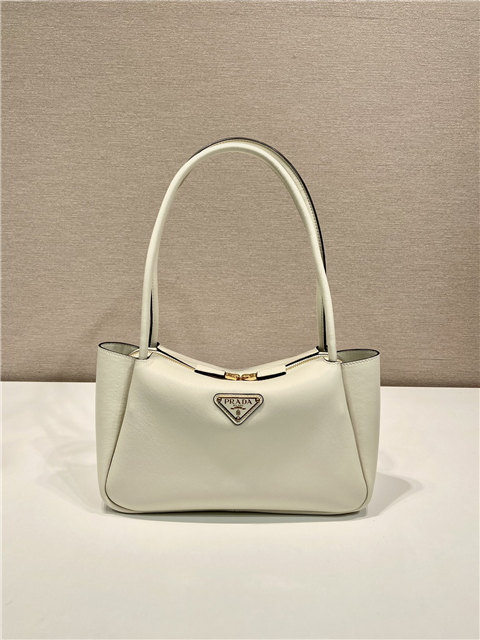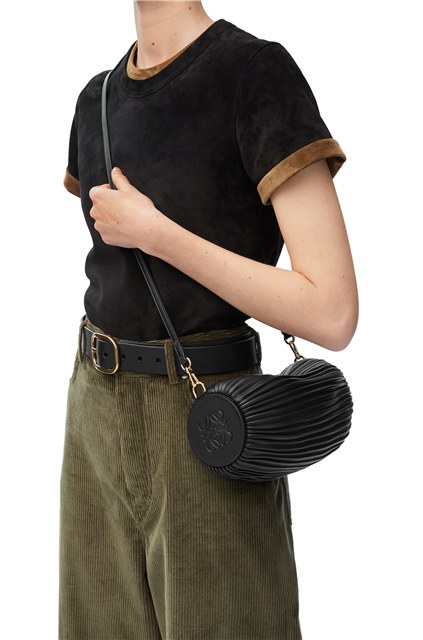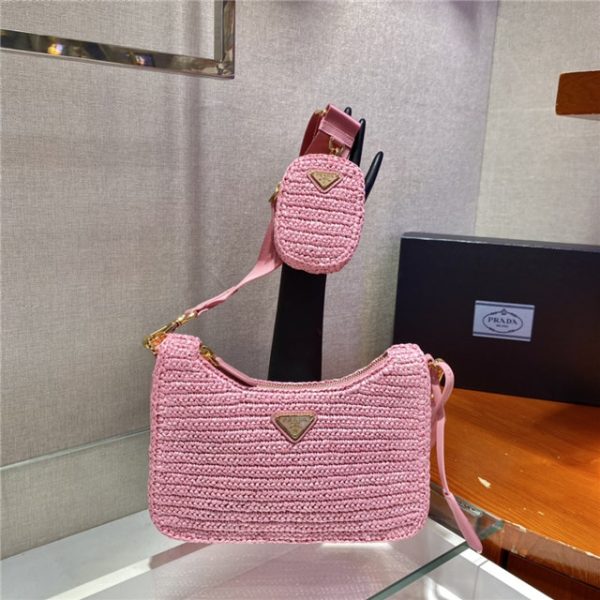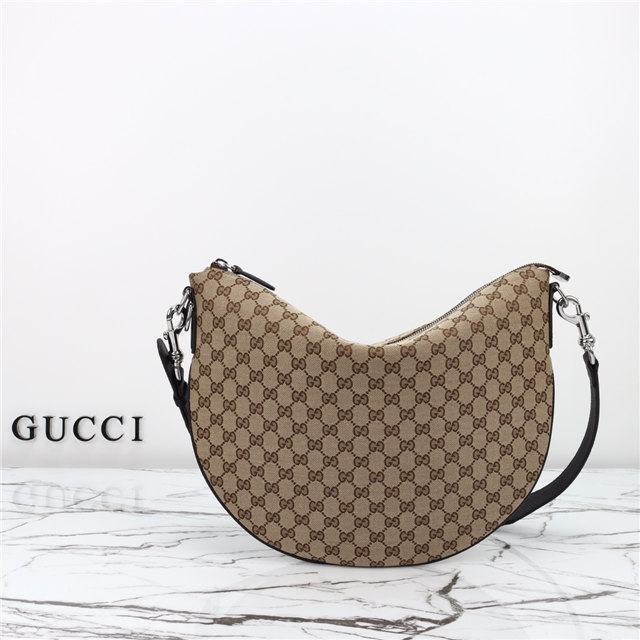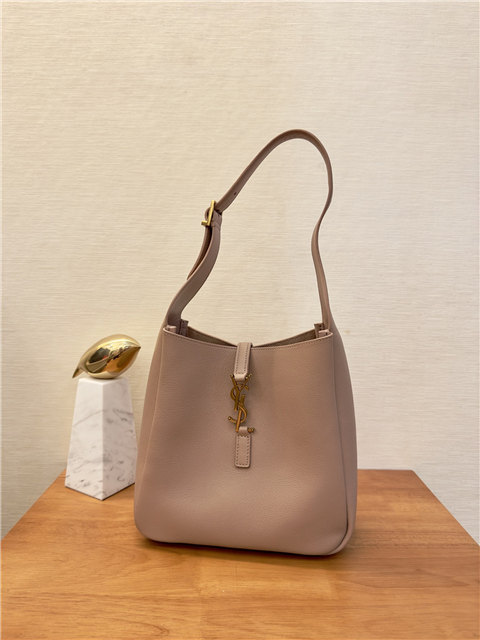So, picture this: you’re scrolling through Facebook, right? Maybe checking up on your neighbor’s prize-winning zucchini, when BAM! You see it. A local “Crime Watch Mom” – let’s call her Brenda, just for kicks – is posting medical advice. Like, legit medical advice. And you’re thinking, “Wait a minute… Brenda sells essential oils at PTA meetings, not exactly a medical degree holder.”
And that, my friends, is where the “uh oh” moment hits.
It turns out Brenda, bless her heart, may have been playing doctor a little *too* enthusiastically. Like, giving out remedies for the flu that involve, I don’t know, lemon juice and positive affirmations or something equally… well, let’s just say “unconventional.” Now, I’m all for a good home remedy, trust me. My grandma swore by chicken soup for everything from a broken heart to a stubbed toe. But actual medical conditions? That’s where you gotta draw the line.
The thing is, it’s not just about the lemon juice. (Although, seriously, maybe stick to just putting it in your tea, Brenda.) It’s about trust. This person is supposedly looking out for the community, keeping an eye on things, making sure the neighborhood is safe. But then you find out she’s dispensing medical advice she’s not qualified to give, and it kind of throws the whole “trustworthy citizen” vibe out the window, doesn’t it?
I mean, come on! What if someone actually *took* her advice and it made things worse? Or, even more horrifying, what if they *didn’t* go to an actual doctor because they trusted her? That’s scary stuff.
And let’s be real, the internet is a breeding ground for this kind of thing. Everyone’s an expert these days, armed with Google and a strong opinion. But knowing the difference between a sponsored blog post and actual medical research is crucial. Maybe Brenda just got a little carried away? I dunno.
Honestly, it’s kinda sad, too. Maybe she genuinely thought she was helping. Maybe she just wanted to feel important, to feel like she was making a difference. But wanting to help doesn’t excuse pretending to be something you’re not, especially when it could potentially harm someone.
The bigger picture here, though, is about accountability. Social media gives everyone a platform, but it doesn’t come with a responsibility chip. We need to be smarter about where we get our information, and we need to hold people accountable for spreading misinformation, especially when it involves something as serious as health.

